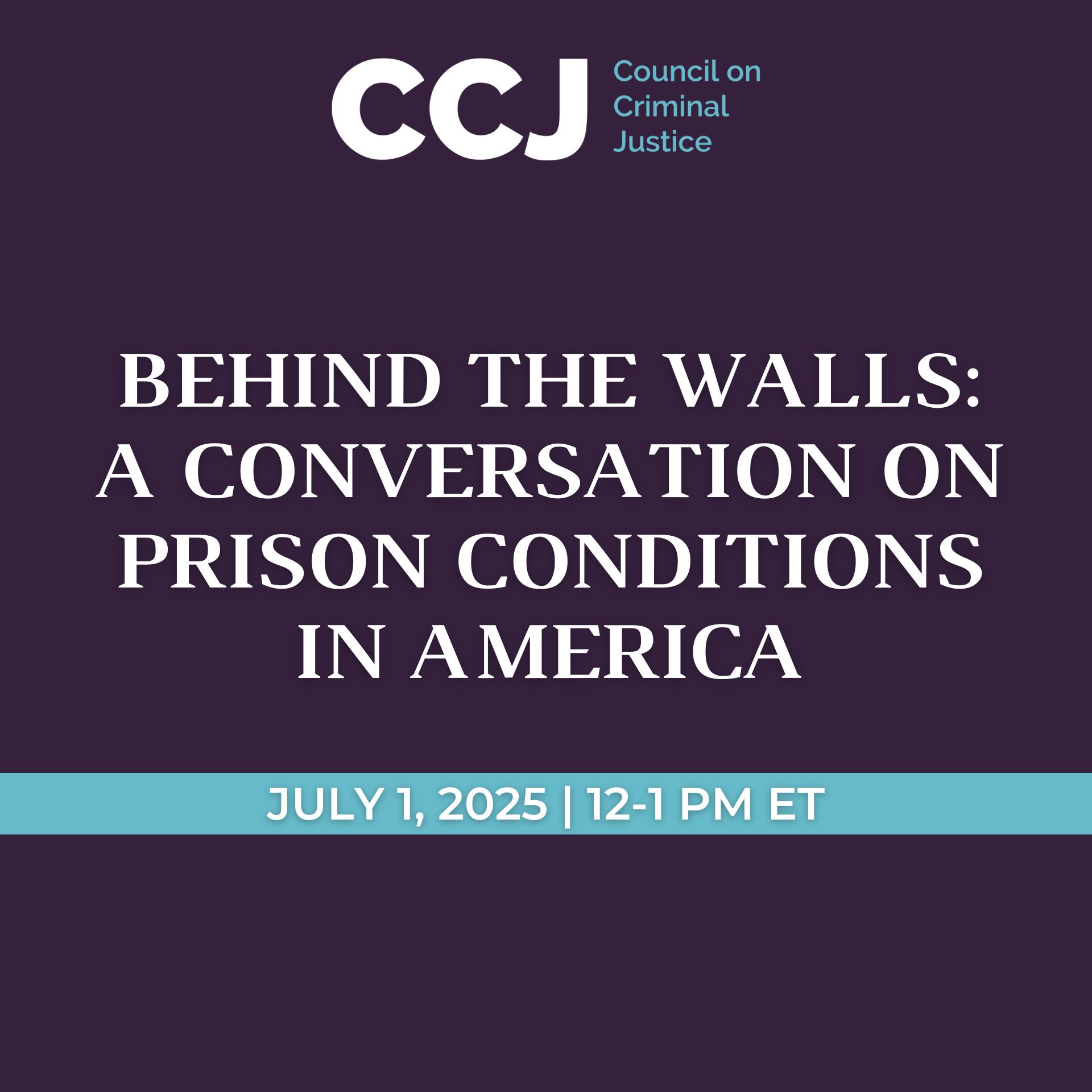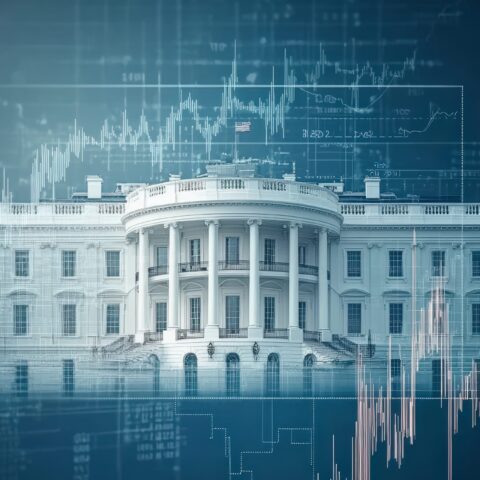New CCJ Analysis Shows Rise in Other Violent Crimes While Drug Violations and Most Property Offenses Fall Again
FOR IMMEDIATE RELEASE
Jan. 26, 2022
Contact: Jenifer Warren
jwarren@counciloncj.org | 916-217-0780
WASHINGTON, D.C. – Homicide counts in major American cities continued to climb in 2021, but the pace of the increase slowed, according to a new analysis of crime trends released today by the Council on Criminal Justice Violent Crime Working Group.
Drawing on crime data from a sampling of 22 cities, the study found that the number of murders in 2021 was 5% higher than counts recorded in 2020, representing 218 additional murders in those cities, and 44% greater than in 2019, representing 1,298 additional lives lost. Sixteen of the 22 cities reported a rise in homicide last year, ranging from increases of 108% in St. Petersburg to less than 1% in Memphis and Baltimore, while six, including Seattle and Omaha, saw a decline.
Murder has declined substantially in the U.S. since the early 1990s, although increases occurred in 2005 and 2006, and again in 2015 and 2016. In 2021, the homicide rate for the cities studied was about half what it was for those cities 29 years ago (15 deaths per 100,000 residents in those cities versus 28 per 100,000 in 1993). Still, the study’s authors called on leaders to redouble their anti-violence efforts, in part by adopting a roadmap of actions produced earlier this month by the Council’s Violent Crime Working Group.
“While it is encouraging to see a slowdown in the recent homicide increase, the bloodshed continues, and at least 10 U.S. cities lost historic numbers of residents to murder last year,” said Council Senior Fellow Thomas Abt, chair of the Working Group and author of Bleeding Out: The Devastating Consequences of Urban Violence – And a Bold New Plan for Peace in the Streets. “This is not acceptable. We know there are multiple strategies with a track record of success in reducing violence. We need to break through our divisive politics and put these evidence-backed solutions in place now.”
“The elevated rates of homicide and serious assaults require an urgent response from elected leaders,” said the study’s co-author, University of Missouri – St. Louis Professor Emeritus Richard Rosenfeld. “A year ago, we concluded our 2020 crime report by noting that with so many lives at stake, the time to act is now. That message is as vital today as it was then.”
The new Council report documented increases in other violent crimes: gun assaults rose 8% and aggravated assaults were up 4% compared to 2020 levels, while robbery rates inched up 1% after dropping the prior year. Recent news accounts have reported increases in carjackings and theft from or robberies of trains. These subcategories of crime were not included in the report as they are rarely recorded separately in law enforcement data portals.
Drug violations (-12%) and most property crimes fell in 2021, but motor vehicle theft continued to stand out as the only nonviolent crime that has increased throughout the pandemic. Motor vehicle theft, often called a “keystone” crime that facilitates the commission of homicide and other crimes, rose 14% last year.
- Ciera Bates-Chamberlin, Executive Director, LIVE FREE ILLINOIS
- Eduardo Bocanegra, Senior Director, READI Chicago
- Paul Carrillo, Director, Community Violence Initiative, Giffords Law Center
- Hernán Carvente-Martinez, Founder & CEO, Healing Ninjas Inc.
- Vaughn Crandall, Executive Director, California Partnership for Safe Communities
- Linda Harllee-Harper, Gun Violence Prevention Director, Office of the City Administrator, Washington, D.C.
- Daniel Isom, Director of Public Safety, St. Louis
- London Kite, Judge, Fourth Judicial Circuit Court, Jacksonville, FL
- Ajima Olaghere, Assistant Professor, Criminal Justice, Temple University
- Emily Owens, Professor, Department of Criminology, Law, and Society, University of California, Irvine
- Alex Piquero, Chair, Department of Sociology & Criminology, University of Miami
- Capt. Jason Potts, Vallejo (CA) Police Department
- Chico Tillmon, Senior Research Fellow, University of Chicago Crime and Education Labs
- Emada Tingirides, Deputy Chief, Los Angeles Police Department
- Daniel Webster, Bloomberg Professor of American Health, Johns Hopkins Bloomberg School of Public Health
About the Council on Criminal Justice
The Council on Criminal Justice (CCJ) is a nonpartisan invitational membership organization and think tank that advances understanding of the criminal justice policy challenges facing the nation and build consensus for solutions based on facts, evidence, and fundamental principles of justice.



